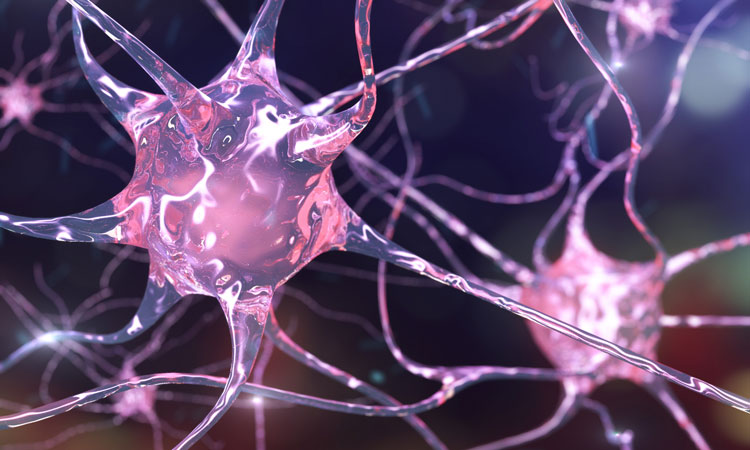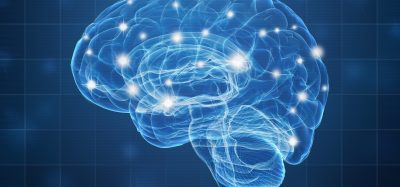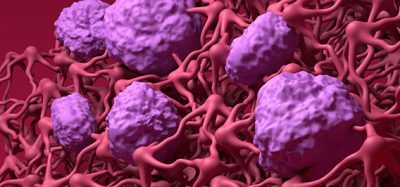Mitochondrial depletion results in abnormal protein accumulation
Posted: 22 April 2024 | Drug Target Review | No comments yet
Researchers find the mechanism which may underly the onset and progression of age-related neurodegenerative diseases.


Scientists from Tokyo Metropolitan University have found the mechanism which may underly the onset and progression of age-related neurodegenerative conditions, like Alzheimer’s disease (AD) and Amyotrophic Lateral Sclerosis (ALS), discovering that the genetic depletion of axonal mitochondria can directly lead to abnormal protein accumulation in neurons. Also, they found that neuronal overexpression of the eIF2β protein phenocopied the autophagic defects and neuronal dysfunctions. These findings make important progress in developing new therapies for neurodegenerative diseases.
Led by associate professor Dr Kanae Ando, the team aimed to elucidate the causes of abnormal protein build-up by studying Drosophila fruit flies, focusing on the presence of axonal mitochondria, which can decline with age, as well as during the progress of neurodegenerative diseases.
The researchers used genetic modification to suppress the production of milton, a crucial protein in the transport of mitochondria along axons. This suppression led to abnormal levels of protein building up in the fruit fly neurons, a result of the breakdown of autophagy. However, as lowering neuronal ATP levels by blocking glycolysis did not reduce autophagy, it indicated that the depletion of mitochondria in axons has a direct bearing on protein build-up.
Then, by conducting proteomic analysis, the researchers were able to identify a significant upregulation in eIF2β, a key subunit of the eIF2 protein complex responsible for the initiation of protein production. The eIF2α subunit was also found to be chemically modified. Both issues impacted the healthy action of eIF2.
Notably, the team could restore the autophagy that was lost and restore some neuron function that was due to axonal mitochondria loss by artificially suppressing levels of eIF2β. Therefore, this shows that depletion of mitochondria in axons can cause abnormal protein accumulation, via upregulation of eIF2β.
This study was published in eLife.
Related topics
Drug Targets, Mitochondria, Neurosciences, Proteomics
Related conditions
Alzheimer's disease (AD), Amyotrophic Lateral Sclerosis (ALS)
Related organisations
Tokyo Metropolitan University
Related people
Dr Kanae Ando (Tokyo Metropolitan University)








